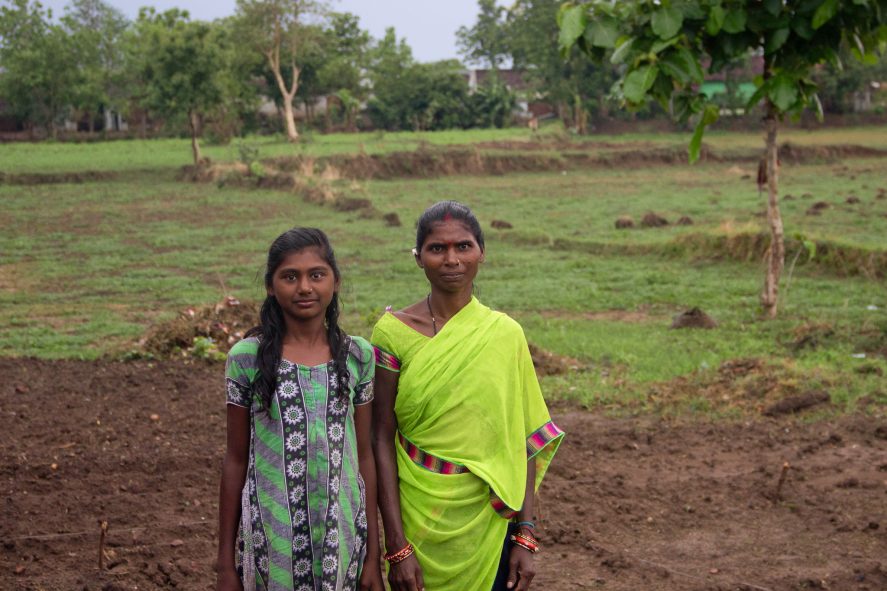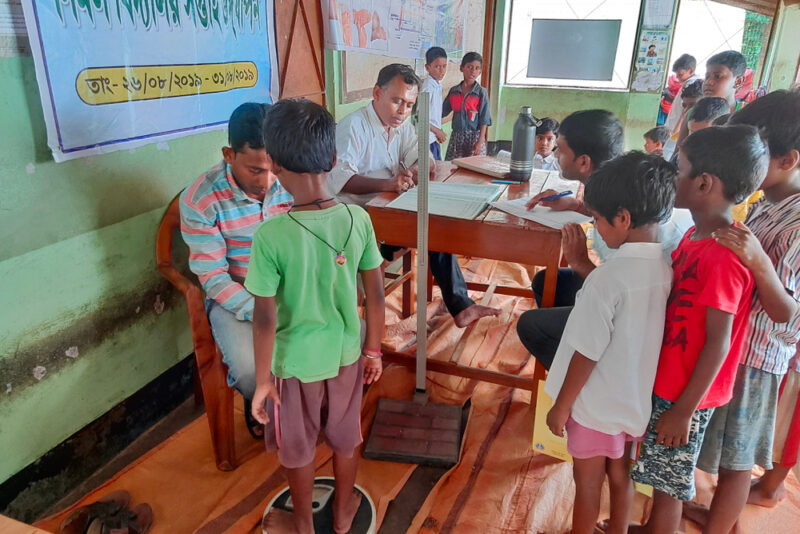2020-21 Annual Report: Migration’s Impact on Rural Households

This article originally appeared in TCI’s 2020-21 Annual Report. Download the report (PDF) to read more.
Across India, as many as 450 million people migrate from their homes in search of work. Most of these migrants are men from rural areas who send remittances back to their families. Led by TCI alumna Vidya Bharathi Rajkumar, TCI works to understand how male labor migration affects the families left behind and women’s roles in agriculture in rural India.
Often, male migration leaves women to take on more work on the farm, with implications for productivity. Using data from a nationally representative household survey, Rajkumar finds that, following male migration, women are increasingly likely to report taking on the role of farm manager. This change is concentrated among women in migrants’ nuclear families and among women in North India, a region with relatively strict gender norms.
Because these women typically have less control over production assets and limited access to technical know-how and credit opportunities, the increase of female farm managers could have a negative impact on farm productivity.
Because these women typically have less control over production assets and limited access to technical know-how and credit opportunities, the increase of female farm managers could have a negative impact on farm productivity. Rajkumar finds that about a third of the reduction in profits can be attributed to having a female farm manager.
Rajkumar’s research also examines the effect of parental migration and remittances on the education and health of children left behind. She finds that a father’s migration and remittances improve child-specific educational expenditures and time spent on schooling. Remittances, by serving as an additional source of income, also have a positive bearing on child health and are specifically associated with improvements in children’s weight and reductions in the prevalence of diarrhea.
Given the scale and importance of migration in a country like India, Rajkumar’s research demonstrates the need for policies to better understand and account for migration’s impacts on farm productivity, gender equity, and child well-being.





